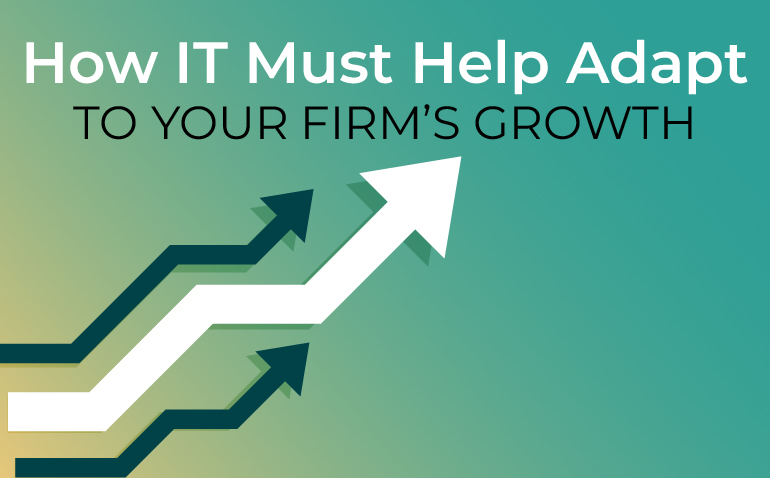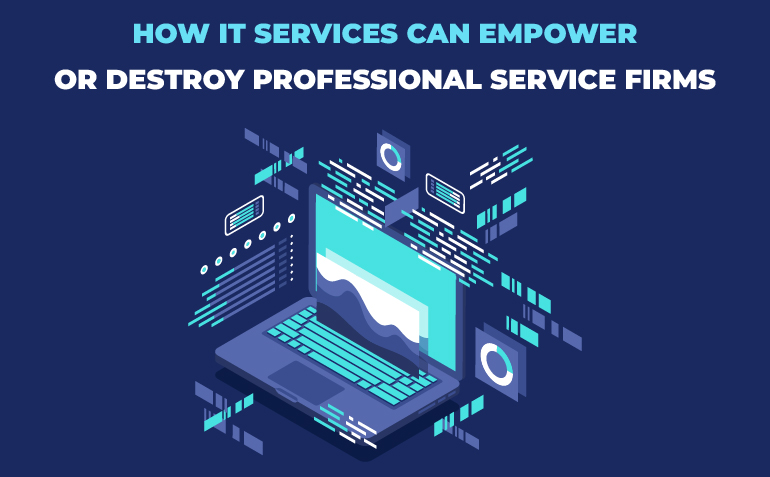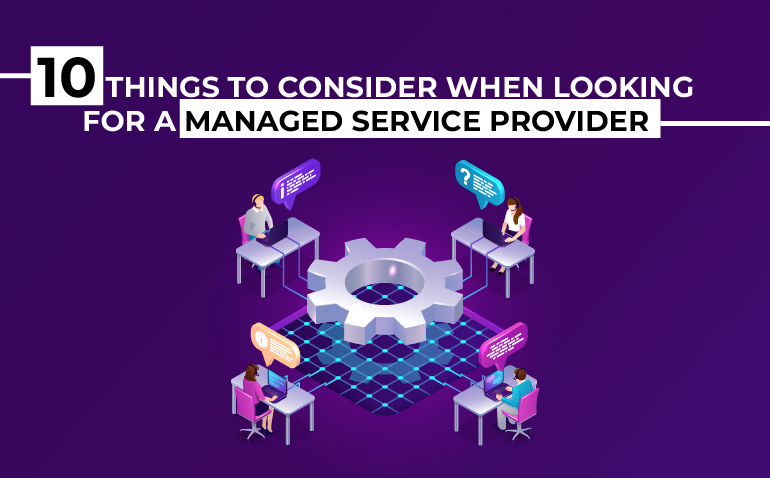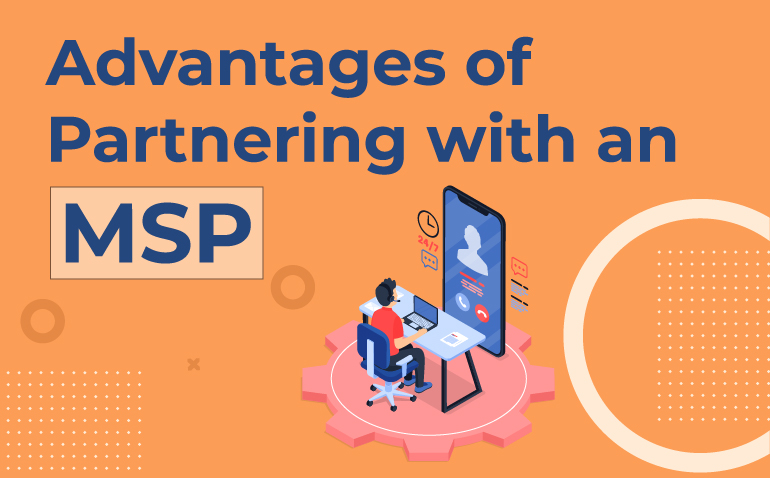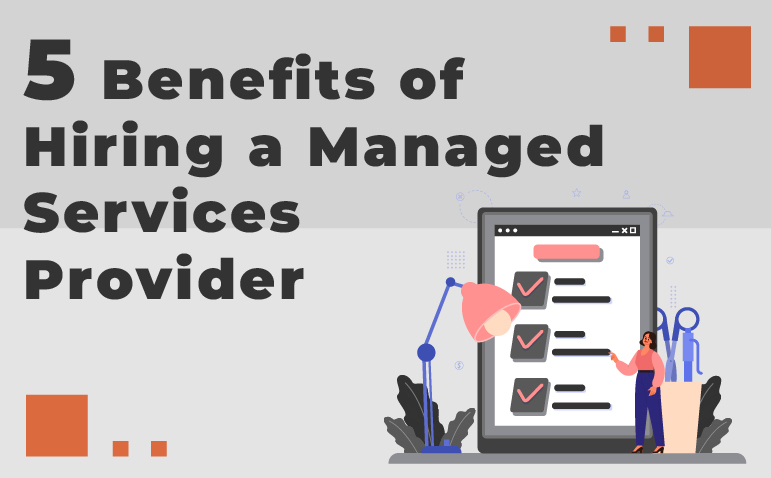As your enterprise expands, so too must its IT infrastructure. Growth ushers in a wealth of opportunities, but it also presents significant challenges—ranging from heightened operational complexity and escalating data security risks to increasing demands for scalability. A thoughtfully aligned IT strategy is essential for ensuring seamless expansion, reducing downtime, and boosting overall productivity. This is where a Managed Service Provider (MSP) like Protected Harbor becomes indispensable, empowering your organization to adapt fluidly to evolving demands while maintaining efficiency, security, and cost-effectiveness. In this blog, we delve into how IT must evolve to support your firm’s upward trajectory.
1. Scalability and Flexibility
Business growth invariably leads to increased data volumes, user activity, and software requirements. Without a scalable IT framework, companies face performance bottlenecks that can hinder operations and diminish customer satisfaction.
Protected Harbor delivers adaptive solutions, including Infrastructure as a Service (IaaS) and Desktop as a Service (DaaS), enabling businesses to scale resources dynamically. With technologies such as cloud computing, virtualization, and software-defined networking, your IT infrastructure can grow effortlessly alongside your organization—without necessitating costly hardware investments.
2. Enhanced Security Measures
Expansion inevitably elevates exposure to cyber threats. A growing enterprise becomes a more attractive target for malicious actors, making robust cybersecurity an absolute imperative. Protected Harbor’s Managed Security Services employ a zero-trust framework, multi-factor authentication (MFA), advanced endpoint protection, and continuous network surveillance to proactively identify and neutralize threats.
Moreover, as businesses handle increasingly sensitive data—be it financial, healthcare, or customer-related—compliance with industry regulations like HIPAA, GDPR, and SOC 2 becomes non-negotiable. Protected Harbor ensures that your IT infrastructure adheres strictly to these standards, safeguarding your organization from legal liabilities and financial penalties.
3. Proactive IT Support and Maintenance
For expanding enterprises, IT downtime is more than an inconvenience—it’s a potential financial and operational disaster. In contrast to reactive break-fix approaches, proactive IT support emphasizes continuous system monitoring and preemptive maintenance to identify and resolve issues before they escalate.
Protected Harbor’s round-the-clock IT help desk ensures that businesses receive immediate, expert assistance at any time. Leveraging automated monitoring tools and predictive analytics, potential system failures are addressed before they manifest, preserving uptime and ensuring uninterrupted performance.
4. Cost Management and Budget Optimization
Scaling operations often results in soaring IT expenses. However, cloud-based infrastructure and managed services offer a more economical path forward. Protected Harbor provides budget-conscious solutions like private cloud deployments, which can lower IT expenditures by more than 30% when compared to public cloud alternatives.
Our transparent pricing structure eliminates hidden fees, allowing businesses to pay strictly for the resources they use. With strategic IT planning, organizations can allocate budgets wisely, ensuring maximum ROI while avoiding unnecessary costs.
5. Strategic IT Planning for Long-Term Growth
To foster long-term success, IT infrastructure must be tightly interwoven with broader business objectives. Unfortunately, many organizations struggle with outdated systems that inhibit innovation and competitiveness. Protected Harbor offers expert IT consulting to craft comprehensive roadmaps that encompass cloud migration, digital transformation, and automation strategies designed to future-proof your enterprise.
Through our Technology Improvement Plans (TIPs), we evaluate existing IT capabilities, identify inefficiencies, and implement forward-thinking solutions. Whether it’s transitioning legacy systems to the cloud or deploying AI-powered tools, strategic IT alignment guarantees that your technology evolves in lockstep with your growth ambitions.
6. Leveraging AI and Automation
As your business scales, manual processes can become a drag on efficiency. Artificial Intelligence (AI) and automation are essential in refining operations, enhancing decision-making, and delivering superior customer experiences.
Protected Harbor integrates AI-powered analytics, automated IT management systems, and intelligent cybersecurity tools to streamline operations. From predictive system maintenance to automated compliance verification, our AI-enhanced solutions empower your business to work smarter—conserving time, reducing human error, and optimizing resource allocation.
Conclusion
Adapting your IT infrastructure to business growth is about more than just adding new hardware and software. It requires a strategic approach to scalability, security, cost management, and innovation. By partnering with a trusted MSP like Protected Harbor, businesses can ensure their IT systems are robust, secure, and ready to support continued expansion.
At Protected Harbor, we specialize in delivering customized IT solutions that grow with your business. Whether you need enhanced security, 24/7 support, or cost-effective cloud solutions, we’re here to help.
Is your IT infrastructure ready to support your company’s growth? Don’t let outdated technology hold you back. Contact Protected Harbor today for a free IT assessment and discover how we can help your business scale efficiently and securely.

